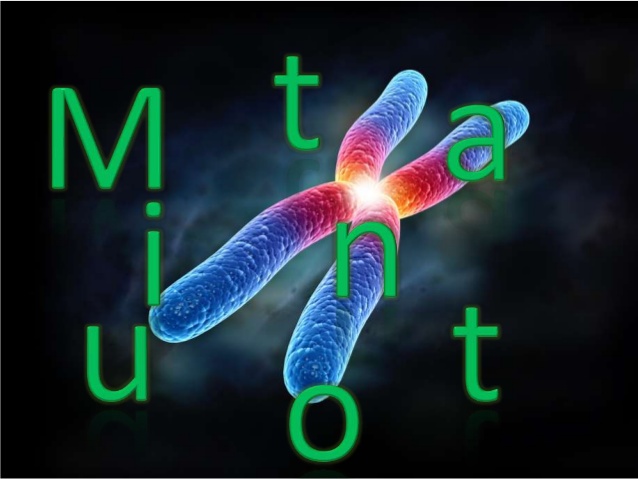Abstract
Purpose: Large-scale sequencing efforts have established that cancer-associated genetic alterations are highly diverse, posing a challenge to the identification of variants that regulate complex phenotypes like radiation sensitivity. The impact of the vast majority of rare or common genetic variants on the sensitivity of cancers to radiotherapy remains largely unknown. Experimental Design: We developed a scalable gene editing and irradiation platform to assess the role of categories of variants in cells. Variants were prioritized based on genotype-phenotype associations from a previously completed large-scale cancer cell line radiation profiling study. Altogether, 488 alleles (396 unique SNVs) from 92 genes were generated and profiled in an immortalized lung cell line, BEAS-2B. We validated our results in other cell lines (TRT-HU1 and NCI-H520), in vivo via the use of both cell line and patient-derived murine xenografts, and in clinical cohorts. Results: We show that resistance to radiation is characterized by substantial inter- and intra-gene allelic variation. Some genes (e.g. KEAP1) demonstrated significant intragenic allelic variation in the magnitude of conferred resistance and other genes (e.g. CTNNB1) displayed both resistance and sensitivity in a protein domain-dependent manner. We combined results from our platform with gene expression and metabolite features and identified the upregulation of amino acid transporters that facilitate oxidative reductive capacity and cell cycle deregulation as key regulators of radiation sensitivity. Conclusions: Our results reveal new insights into the genetic determinants of tumor sensitivity to radiotherapy and nominate a multitude of cancer mutations that are predicted to impact treatment efficacy.







